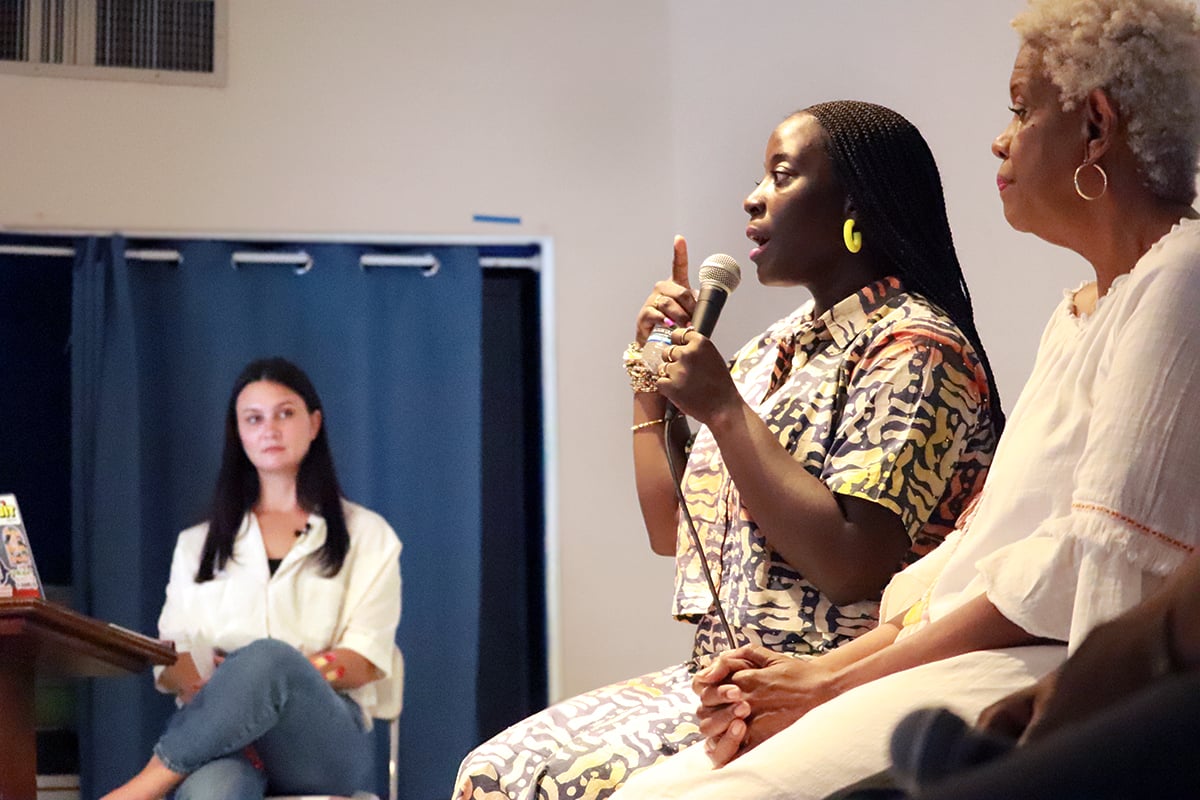Why Every Nonprofit Needs a Needs Assessment
October 14, 2025
This is the second post in our series about the impact of Needs Assessments. Our first discussed the takeaways from our Needs Assessment conducted at the end of last year, and published earlier in 2025, and it can be read it here.
How Needs Assessments Help Guide Organizations
 Nonprofits exist to meet community needs. But in the day-to-day rush of delivering programs, raising funds, and managing operations, it can be difficult to pause and ask: Are we still meeting the right needs in the right way? A coordinated needs assessment is one of the most effective tools nonprofits can use to answer that question.
Nonprofits exist to meet community needs. But in the day-to-day rush of delivering programs, raising funds, and managing operations, it can be difficult to pause and ask: Are we still meeting the right needs in the right way? A coordinated needs assessment is one of the most effective tools nonprofits can use to answer that question.
When we say "needs assessment," we are referring to something specific: a needs assessment is the intentional process of gathering feedback from your constituents, stakeholders, and partners about what they most need, what challenges they face, and how your organization can better support them. Far from being just another box to check, a needs assessment can sharpen program focus, reveal gaps in services, build stronger relationships with the community, and demonstrate accountability to funders.
At Michigan Community Resources, we regularly conduct needs assessments to ensure our services align with the realities nonprofits face on the ground. Our recent assessment, conducted in 2024 and published earlier this year, gathered input from more than 100 organizations. It not only informs our own programming but also provides a valuable snapshot of the health of the sector as a whole. For any nonprofit, whether grassroots or well-established, the practice of assessing constituent needs offers similar benefits.
Why It Matters
While the most obvious answer to the question of "why conduct a needs assessment" is to get a snapshot of where your service area is at, the information gathered is a valuable asset that can do several things. Some of the things it does include:
- Allows Community Voices to Lead the Way – Needs assessments ensure programs are designed with—not for—the community. This builds trust and makes services more relevant and effective.
- Strengthens the Case for Funding – Data from assessments can strengthen grant applications and conversations with funders by grounding your work in evidence of need.
- Provides Strategic Alignment – Assessments reveal where to focus resources, where to adapt, and where to say no. They help organizations avoid “mission drift.”
- Builds Equity and Accountability – By seeking out voices that are often overlooked, needs assessments demonstrate a commitment to inclusion and responsiveness.
Best Practices for Any Budget
You don’t need a large research budget or a team of evaluators to benefit from a needs assessment. Here are some practical steps any nonprofit can take:
- Start with Clear Questions: Identify what you want to learn. Are you exploring unmet client needs? Testing new program ideas? Evaluating satisfaction with current services? A clear focus will guide your design.
- Keep It Simple: For smaller organizations, short surveys, focus groups, or informal interviews can be just as insightful as large-scale studies. The goal is quality insights, not a mountain of data.
- Use Multiple Methods: Pair surveys with conversations. Online forms, one-on-one interviews, and community listening sessions capture different perspectives and allow people to engage in ways that suit them.
- Ensure Representation: Be intentional about who you ask. Reach beyond your most engaged participants to hear from those who might not always have a voice.
- Close the Loop: Share back what you heard and what you plan to do with the information. This builds trust and demonstrates that community input leads to real action.
- Make it Routine: Needs evolve over time. Embedding assessment into your organizational rhythm—every year or every few years—keeps your work relevant.
- Set a Timeline and Stick to It: With so much to learn from constituents, it can become overwhelming, and the project can take on a life of its own. In order to keep your scope manageable and stay true to your goals and priorities for evaluation, set a project timeline before beginning and stick to it as best you can.
Moving Forward
A coordinated needs assessment is not just a data exercise; it is a practice of listening, learning, and adapting. No matter your organization’s size or budget, centering your work on the needs of your constituents ensures that your programs remain responsive and impactful. In an era of shifting resources and heightened challenges for nonprofits, listening is one of the most powerful tools you have.
Want to be a part of MCR’s next needs assessment? Click here to take this year's Nonprofit Needs Assessment Survey.
Subscribe to our newsletter for the latest updates.



